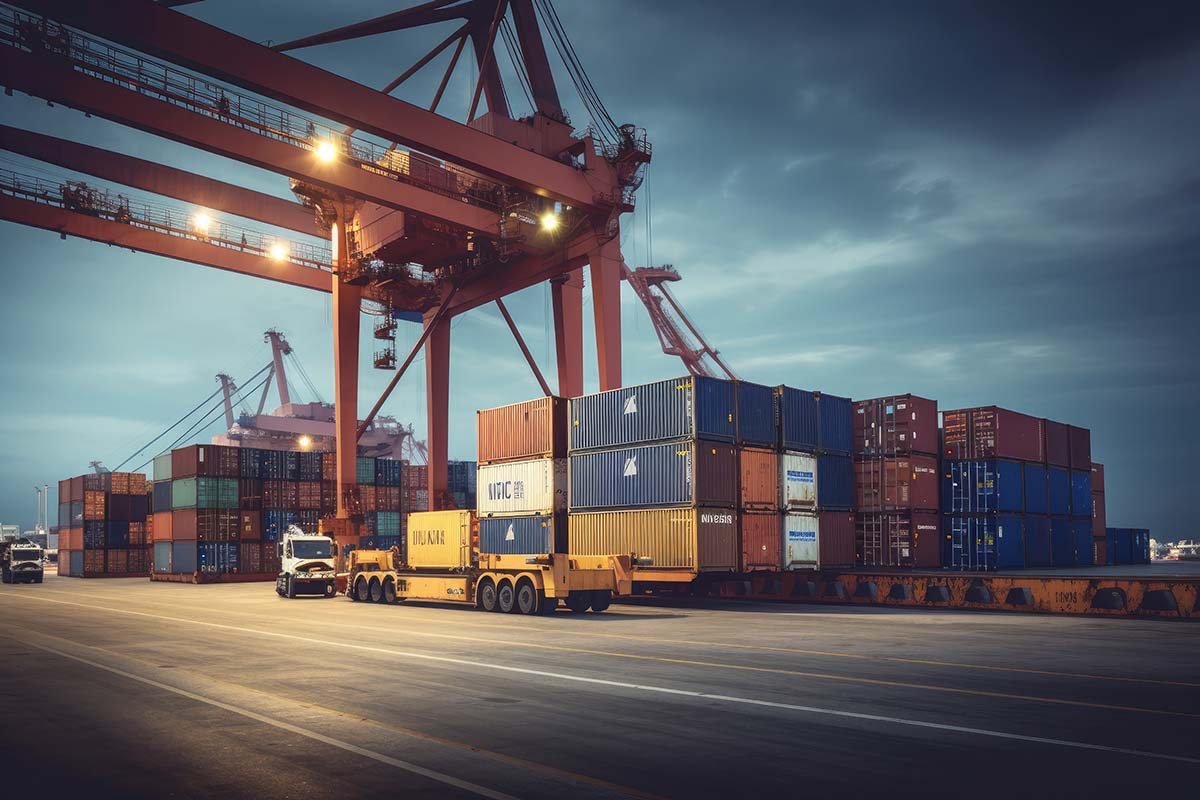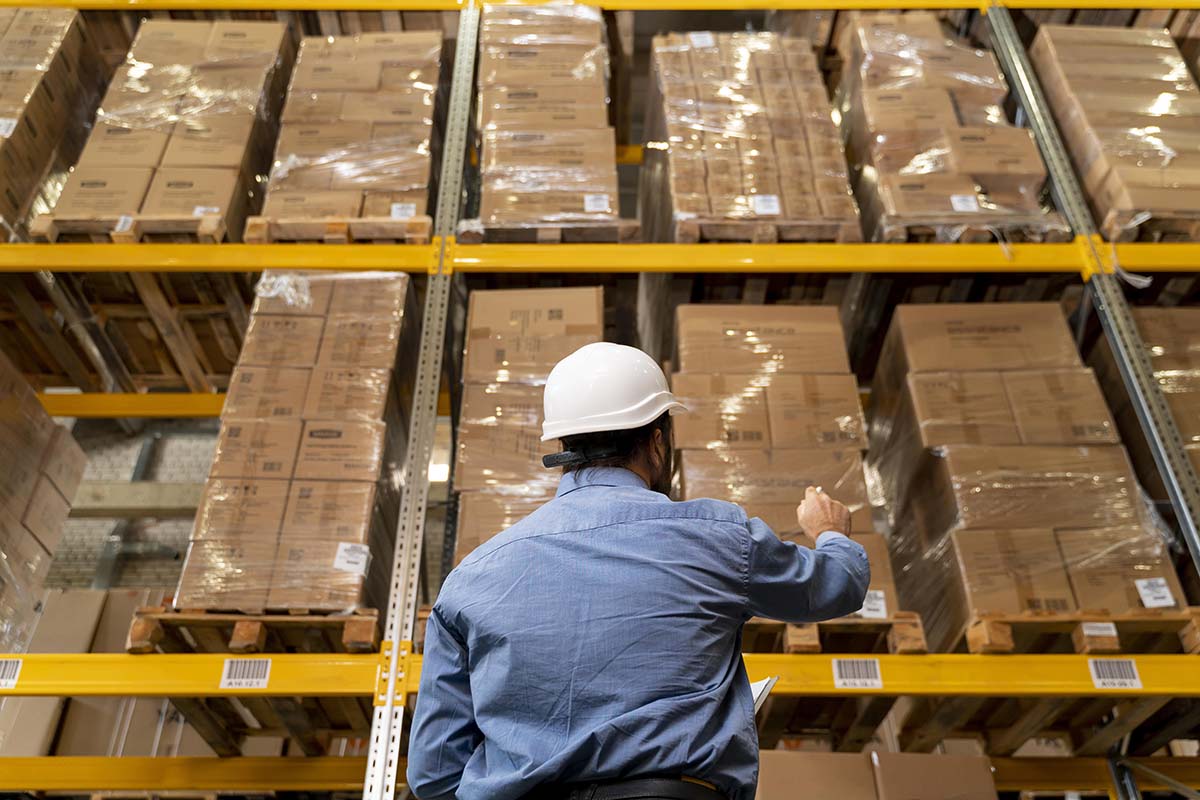Understanding FTL Freight Quotes: A Comprehensive Overview
In the rapidly evolving realm of freight transportation, the orchestration of goods from point A to point B demands a nuanced understanding of logistics.
Full Truckload (FTL) shipping stands as a linchpin in this process, offering a dedicated solution for businesses with substantial cargo volumes. Central to this system is acquiring accurate and competitive FTL freight quotes, a nuanced aspect of supply chain management that warrants close attention.
Fundamentals of FTL Shipping
FTL involves the transportation of goods that occupy an entire truck, in contrast to the consolidated approach of Less Than Truckload (LTL) shipments.
The distinguishing features of FTL, such as increased speed and heightened security for goods, set the stage for a deeper understanding of the intricacies involved in the realm of freight transportation. When someone needs an FTL freight quote, it’s important to understand everything involved and how the quote is determined.
FTL shipments are ideally suited for businesses with large quantities of goods, as the entire truck is dedicated to a single shipment.
This eliminates the need for multiple stops to pick up and deliver smaller loads, translating into faster transit times and reduced handling risks. Recognizing the advantages and limitations of FTL lays the groundwork for a more comprehensive grasp of the factors influencing freight quotes.
Factors Influencing FTL Freight Quotes
Diving into the heart of FTL freight quotes, it becomes evident that a multitude of factors contribute to the determination of shipping costs. Distances traveled, fuel costs, and the weight of the cargo are fundamental considerations. The geography of the route and any tolls or customs fees incurred along the way add layers of complexity to the pricing structure. All of these factors can change drastically, making it important to get a current and accurate quote.
Carriers, playing a pivotal role in the transportation equation, employ sophisticated algorithms to calculate freight rates. These algorithms take into account various parameters, including the demand for trucking capacity, the availability of carriers, and prevailing market conditions. Understanding the intricacies of how carriers arrive at their rates empowers businesses to anticipate and manage shipping costs more effectively.
Accessorial charges, though often overlooked, can significantly impact the final freight quote. These additional fees cover services beyond standard transportation, such as loading and unloading, inside delivery, or the use of specialized equipment. Businesses must be vigilant in understanding and negotiating these charges to avoid unpleasant surprises in their final invoices.
Market fluctuations also play a crucial role in FTL freight quotes. The supply and demand dynamics of the trucking industry can lead to price volatility. During periods of high demand or capacity constraints, freight rates may spike, affecting a business’s shipping budget. Conversely, in periods of low demand, opportunities may arise for negotiating more favorable rates.
Another critical consideration is the nature of the goods being transported. Perishable or hazardous goods may incur higher shipping costs due to specialized handling and transportation requirements. Understanding these factors allows businesses to tailor their shipping strategies and budget accordingly.
Negotiating FTL Freight Rates
In the competitive arena of freight transportation, the ability to negotiate favorable FTL freight rates can make a significant difference to a business’s bottom line. Establishing strong relationships with carriers is foundational to successful negotiations. By fostering open communication and a sense of partnership, businesses can position themselves to secure better rates and improved service.
Understanding market dynamics is equally crucial for negotiation success. Monitoring industry trends, staying informed about fuel price fluctuations, and being aware of any regulatory changes can provide businesses with valuable insights. Armed with this knowledge, they can approach negotiations with a strategic mindset, leveraging market conditions to their advantage.
Technology is an invaluable ally in the negotiation process. Advanced logistics software and transportation management systems enable businesses to analyze historical shipping data, track carrier performance, and identify areas for cost optimization. Armed with data-driven insights, businesses can negotiate from a position of strength, proposing mutually beneficial agreements that align with their specific shipping needs.
Technology and FTL Freight Management
The integration of technology has transformed the logistics landscape, and FTL freight management is no exception. In the modern era, businesses can leverage a range of technological solutions to streamline and optimize their shipping processes.
Real-time tracking systems provide unparalleled visibility into the location and status of shipments. This not only enhances customer satisfaction by enabling accurate delivery estimates but also allows businesses to address any potential delays or issues proactively.
Data analytics tools offer a deeper understanding of shipping patterns, allowing businesses to identify inefficiencies and make informed decisions. By analyzing historical shipping data, businesses can optimize routes, consolidate shipments, and identify cost-saving opportunities.
Automation plays a crucial role in enhancing efficiency. Automated systems for order processing, invoicing, and documentation reduce the risk of human error and streamline administrative tasks. This improves overall accuracy and frees up valuable time and resources for more strategic activities.
Collaborative platforms that connect shippers, carriers, and other stakeholders in the supply chain facilitate seamless communication and coordination. This fosters a more integrated and responsive logistics ecosystem, enabling businesses to adapt quickly to changing circumstances and deliver a superior customer experience.
Navigating the intricacies of FTL freight quotes is essential for businesses aiming to optimize their supply chain management. A firm grasp of the fundamentals of FTL shipping, an awareness of the myriad factors influencing freight rates, effective negotiation skills, and the strategic deployment of technology are all key components of success in the dynamic world of freight transportation.
Businesses must stay abreast of regulatory changes and compliance requirements in the freight industry. Navigating the intricate web of transportation regulations, including safety standards and environmental policies, is essential for avoiding potential disruptions and penalties.
Moreover, embracing sustainability practices in freight management is gaining importance, not only for ethical reasons but also due to the growing awareness of environmental impacts. As businesses strive for a more eco-friendly approach, integrating sustainable practices into FTL freight management can enhance corporate responsibility and resonate positively with environmentally conscious customers, further contributing to long-term success.




















